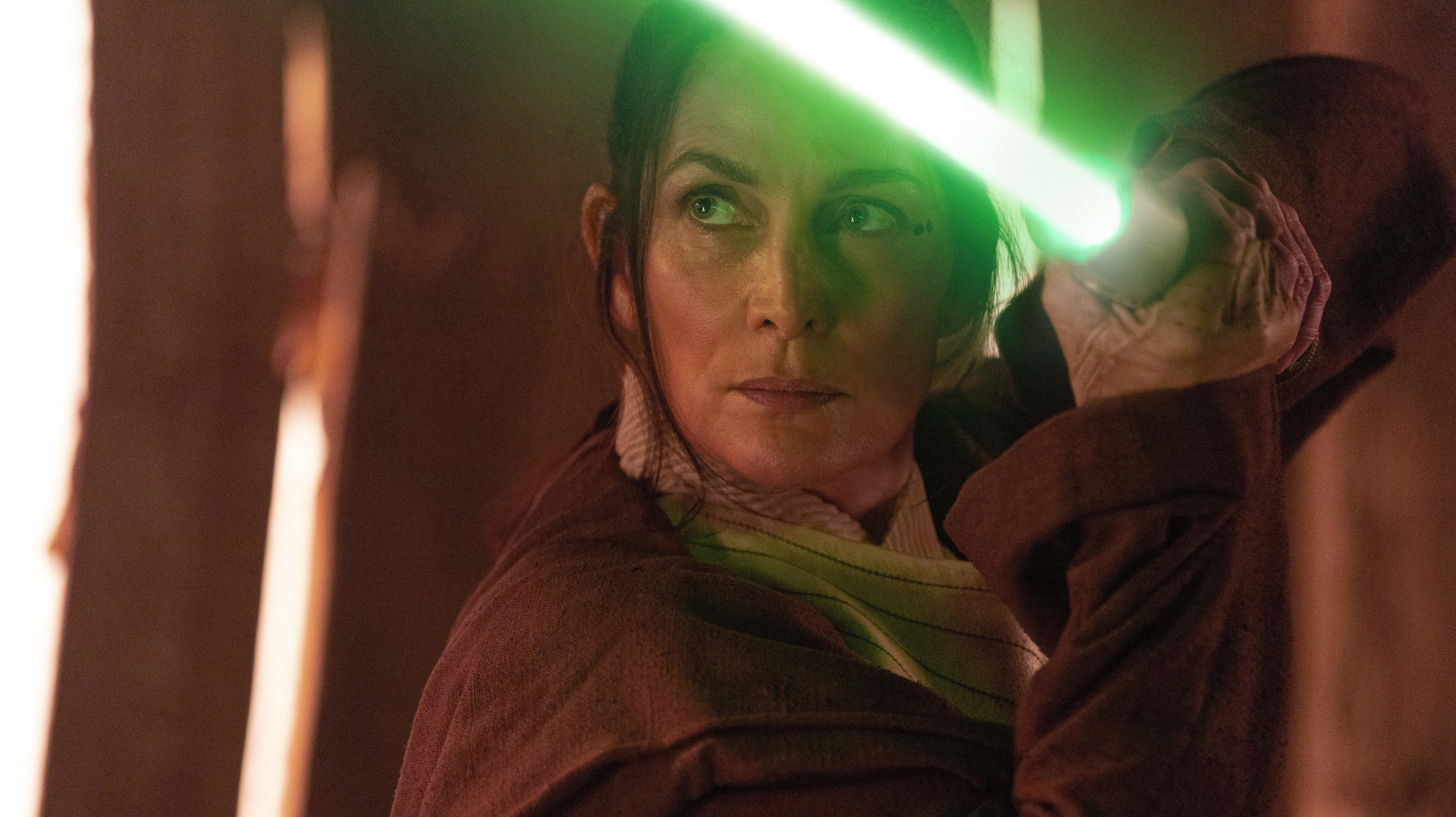The Acolyte review: A thrilling show that breathes new life into Star Wars tropes
Leslye Headland's Jedi tale wades into the murky ethical waters at the heart of this long-running space opera

Close to fifty years in, how do you tell a story set in the live-action Star Wars universe that feels novel enough to keep both lifelong fans satiated and new viewers entertained? Over the last few years, Lucasfilm has toyed with different answers to that question. The Mandalorian, Ahsoka, Obi-Wan Kenobi, and Andor have found, to varying degrees of success, that nostalgia can only take you so far. Why play in this IP sandbox if not to reframe what’s come before and reshape what’s yet to happen?
With The Acolyte, which premieres June 4 on Disney+, writer-director Leslye Headland (Russian Doll) has crafted an intriguing entry into this decades-spanning franchise that thrills precisely for the way it repurposes well-worn Star Wars tropes all while threading a brand-new tale anchored by a slew of fresh characters. On its surface, Headland thrusts into a Jedi noir tale: Master Sol (Lee Jung-jae) along with his Padawan Jecki Lon (Dafne Keen) and young Jedi Knight Yord Fandar (Charlie Barnett) are tasked with solving a case involving the rare murder of a Jedi master. Yet the more Sol and these Jedi investigate what and who is behind this killing (and the threat of more deaths to come), they uncover a history Sol thought he and his brethren had buried long ago.
From its very first scene, The Acolyte is intent on cheekily nudging to long-storied images and set pieces from Stars Wars of yore. We’re in a cantina and a mysterious, robed character arrives in search of a Jedi master whom she intends to fight. She’s laughed at and mocked on sight. Battling any Jedi is a fool’s errand, especially since our mysterious figure refuses to wield a weapon. The Jedi are trained to never partake in such combat. But soon, and without a weapon to show, the robed figure causes enough of a ruckus to merit the impatience if not ire of the Jedi at hand whose physical appearance and fight-like reflexes will have you thinking of The Matrix’s Trinity. But such winking casting is helping in setting the scene: Carrie-Anne Moss would play the kind of Jedi you’d never want to be up against. The fight that ensues—not to mention the glint of recognition Master Indara voices when she realizes who’s come to hurt her—is enough to pique audience interest. The Jedi won’t face the threat of the Sith for another hundred years. So who could be trying to settle scores with them so many generations before the Skywalker saga is set in motion?
That’s the question that drives Master Sol, who finds himself embroiled in this entire affair when he learns a former Padawan of his may have been involved. Again, there’s no way to hear of such a premise without it echoing the intertwined fates of, say, Obi-Wan Kenobi and Anakin Skywalker, or, later still, of Luke Skywalker and Kylo Ren. The vexed relationship between mentor and mentee, between Master and Padawan, is as old as Star Wars itself, and such twinned stories have long been fertile ground for the series. But in Headland’s hands, such a connection feels less like a capitulation to only ever telling one kind of Star Wars story and more like a sense that such cyclical tragedies are inherent in spaces where youth and its attendant obstinance are treated with unwavering hostility.

 Keep scrolling for more great stories from A.V. Club.
Keep scrolling for more great stories from A.V. Club.